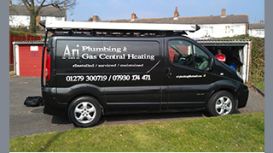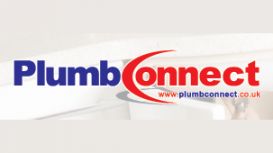About the Business
As soon as a heating system is completed and filled with water, deterioration of the system begins. The combination of water, air, a mixture of metals, and even installation debris and contaminants, can result in internal corrosion, sludge formation in low flow areas, and scaling of boilers and heat exchangers.
Symptoms include cold panels in radiators, blocked radiators, irritating boiler noises, a long recovery time after drawing off hot water, an inadequate water supply, and failure of pumps, radiators, and valves. These problems are not inevitable, and good care and maintenance of a system, and the addition to the heating system of a quality corrosion and scale inhibitor, such as SYSTEMSAFE-DM, will prevent and often cure them.
Systemsafe-DM carries the Buildcert/DWTA logo, to show that it has passed a tough corrosion cell test in a laboratory independently monitored by Buildcert to ensure compliance.
Modern boilers, developed to minimise fuel costs and pollution, have compact heat exchangers with narrow waterways, and this makes them more susceptible to problems caused by debris in the water. Boiler manufacturers insist that heating systems are thoroughly flushed according to BS7593: 2006 when installing a new boiler. A Clearflow power flush is far more effective than traditional methods, and ensures that the boiler installation complies with ‘best practice’ standards.
Location & Hours

25 Collins Meadow
Write a Review
Recently Viewed Listing
PumbConnect
Based in Wallington, Surr y, Plumbconnect provide a professional, friendly ...



